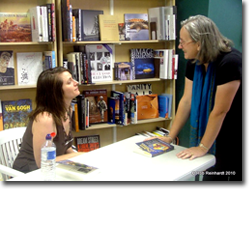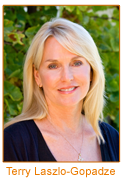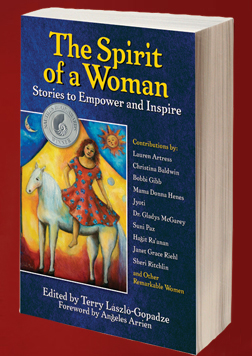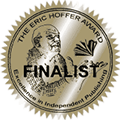The So-Called Feminine Principle
When I was five years old, I remember asking my Sunday School teacher–a woman, ”What if Jesus had been a girl?” She said, “But he wasn’t.” I pressed again to receive the same unsatisfactory, recursive answer. Later, when asked in private, my mother gave the same empty response.
That latent spirit reared on a more personal level, when I learned about the literary generic ‘he’ in seventh grade. That dawning realization collided with the thought that the books I’d devoured from the moment I could string words into sentences had not included me. That sinking betrayal left me critical and distrustful of not only words, but of their writers. And of course that slight parlayed into general discourse, social division, and a disenchantment with words that still drives my need to pen them.
I love language. I enjoy finding ways to work within the framework of its code to deploy new layers of expression. For that reason, in college I thrilled in Virginia Woolf and Gertrude Stein, in their ability to take words I’d read a billion times and make them say something different, make them mean something more.
Those experiences pointing to an absent element culminated in my recognition of the Divine Feminine, also while in college. With the realization of Her, it made sense to me that beyond this earthly container of the spiritual there was more than He, me, or even Her. We are All. To reach such soulfully connected bliss implies an acceptance and awareness of Divine Polarity in all its many facets.
Recently I read the phrase “the so-called feminine principle,” and initially I found it misogynistic. It struck me that because an individual doesn’t embrace a concept, the need to disqualify it from being stems from the very undercurrent that would remove me from literature and divinity, thus from the English language, in general. Deeper than that, I became profoundly aware that one can be so intrinsically disconnected from All Things, that one can’t even write the phrase ‘Feminine Principle’ without needing to create distance from the words, as if to admit Her in language would invoke a power that can’t be contained, that left unchecked, She would take over the entire page and perhaps even the mind.
I suppose for that wildfire possibility of awareness expansion we should craft carefully what we write, be very attentive to our ideas and how we commit them to the so-called page.
S. Kelley Harrell
– Read Kelley’s Bio Here
 Kelley Harrell is a beautiful writer, in The Spirit of a Woman: Stories to Empower and Inspire. Her story, “Telling the Bees” is timeless and connects us all to nature, and the power that grandparents have to leave a legacy in our lives.
Kelley Harrell is a beautiful writer, in The Spirit of a Woman: Stories to Empower and Inspire. Her story, “Telling the Bees” is timeless and connects us all to nature, and the power that grandparents have to leave a legacy in our lives.
You can connect with Kelley at www.intentionalinsights.com, www.kelleyharrell.com and www.soulintentarts.com




